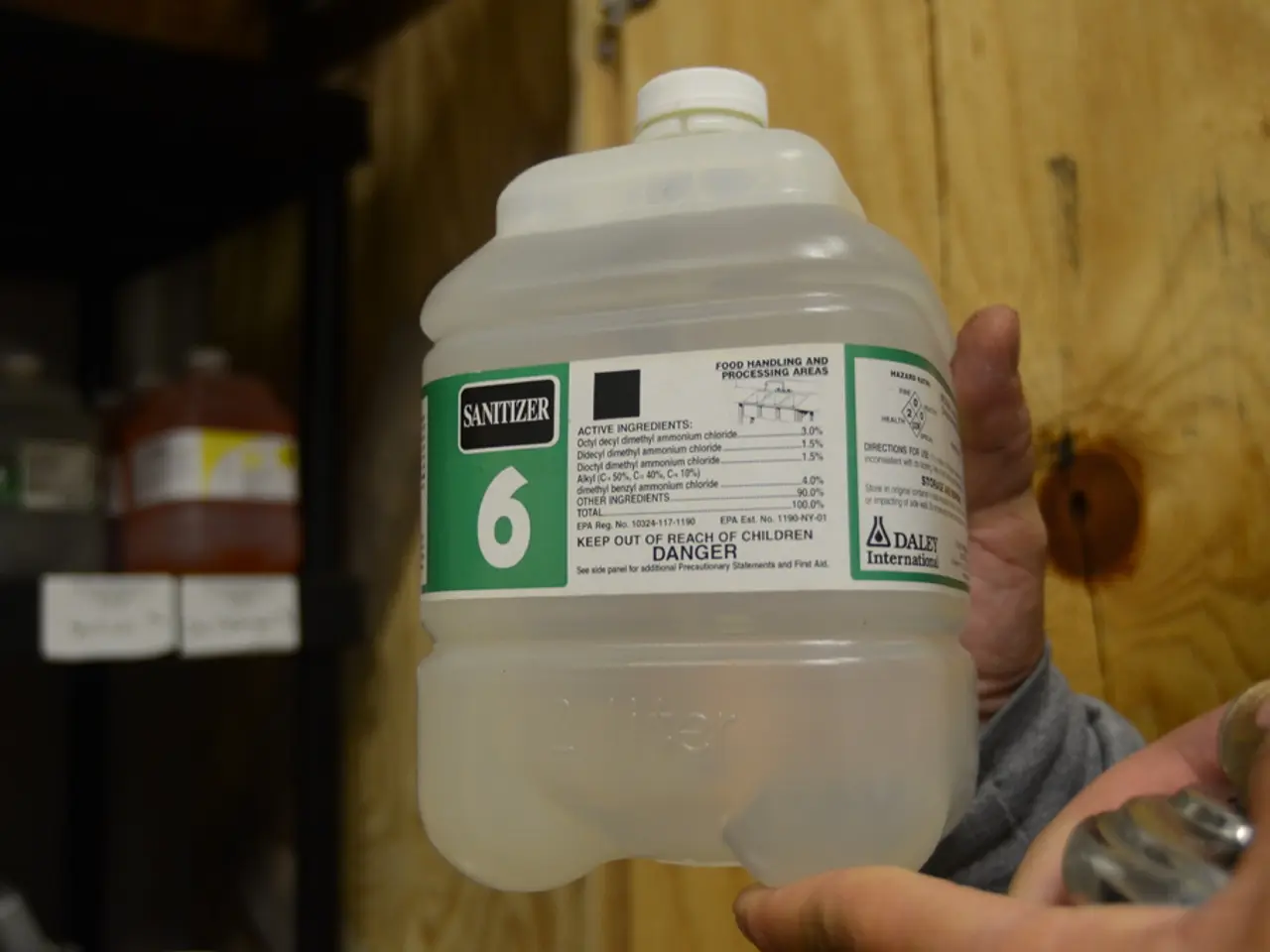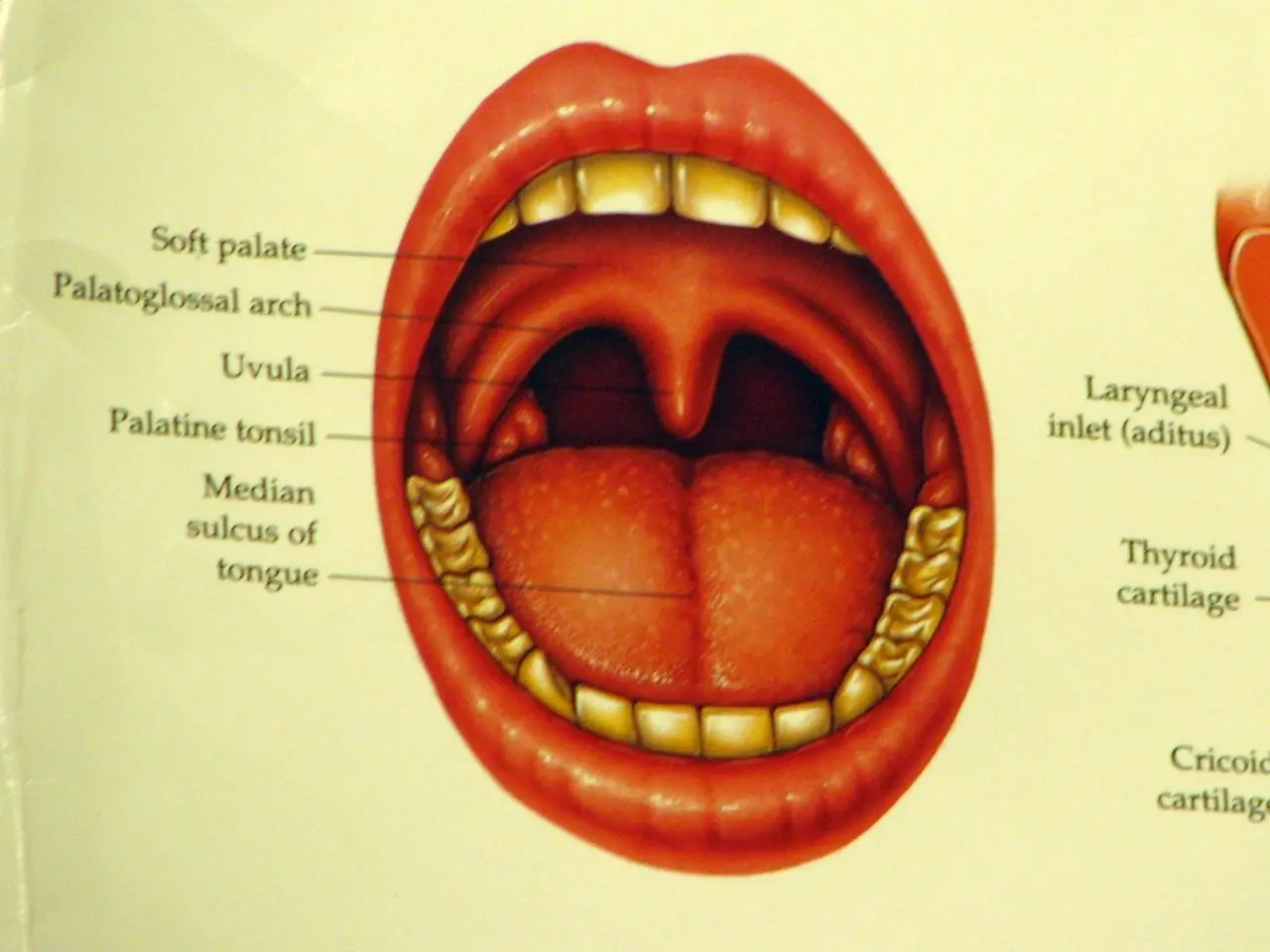Discerning the Dark Side of Processed Yogurt
Regular consumption of supposedly health-boosting food could potentially lead to cancer development, according to a prominent medical expert.
Popular as a health food and a common household item, yogurt is enjoyed by millions worldwide. But warning bells are ringing about its darker side, particularly concerning low-fat yogurts that have been ultra-processed.
Dr. William Li, the renowned author of the New York Times bestseller "Eat to Beat Your Diet," points towards these processed yogurts as potential culprits in a range of health issues, such as colon cancer.
According to Dr. Li, what sets ultra-processed yogurt apart from its traditional counterpart is the absence of fat. He explains, "When you remove the fat from yogurt, it collapses. To mimic the thicker texture, manufacturers add various emulsifiers and additives."
One of the most concerning emulsifiers, Dr. Li mentions, is carrageenan. Originating from seaweed, the processed version of this thickening agent is almost entirely synthetic, posing a potential hazard. Recent studies have linked manmade carrageenan to gut inflammation, a significant risk factor for colon cancer.
Another emulsifier causing a buzz in the scientific community is polysorbate 80. A study from the University of Paris found that consuming this additive regularly led to increased gut inflammation in mice. Chronic inflammation can damage DNA, increasing the risk for cancer.
Research has also suggested that disrupting the bacteria in the gastrointestinal tract, which play an important role in fighting cancer, could make colorectal cancers more likely.
In 2024, Dr. Maria Abreu of the University of Miami, who studies the affect of food additives and their link to colon cancer, echoed similar concerns about emulsifiers.
Although direct evidence connecting yogurt to colon cancer is sparse, the potential health risks associated with ultra-processed foods have raised alarm. It's estimated that around 70 percent of the calories consumed by children and adolescents in the US come from ultra-processed foods, a drastic increase from three decades ago.
For a healthier choice, Dr. Li advises opting for full-fat dairy products over their low-fat counterparts. Whole Greek yogurt, in particular, is processed but contains fewer additives compared to sweetened, flavored yogurts.
While the promise of yogurt in preventing cancer still holds true for traditional, less processed options, ultra-processed yogurt might not offer the same protective benefits. Always check the ingredients for a healthier and safer choice.
- These processed yogurts, popular despite their potential health risks, can contribute to colon cancer, as highlighted by Dr. William Li.
- Dr. Li emphasizes that the absence of fat in ultra-processed yogurt necessitates the addition of emulsifiers like carrageenan, posing potential health hazards.
- A concern in the scientific community is the emulsifier polysorbate 80, which has been linked to increased gut inflammation and DNA damage, increasing the risk for cancer.
- Research indicates that disrupting the bacteria in the gastrointestinal tract, which play a crucial role in fighting cancer, could make colorectal cancers more probable.
- In 2024, Dr. Maria Abreu of the University of Miami reiterated concerns about emulsifiers and their link to colon cancer.
- While traditional yogurt still holds promise in preventing cancer, ultra-processed yogurt may not offer the same protective benefits due to its high calorie count and added emulsifiers.
- To avoid potential health risks, it's recommended to choose full-fat dairy products over their low-fat counterparts, such as whole Greek yogurt, which has fewer additives than sweetened, flavored yogurts.









